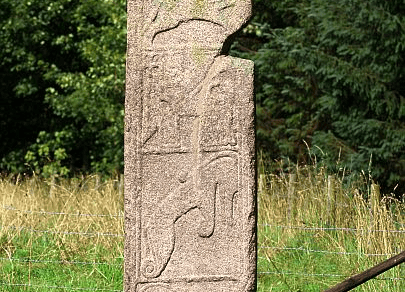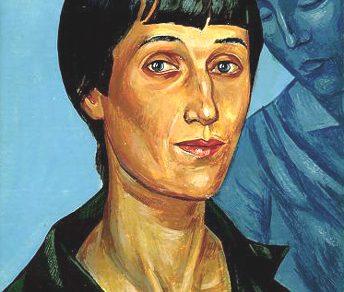Thomas Aikenhead (bapt. 28 March 1676 – 8 January 1697) was a Scottish student from Edinburgh, who was prosecuted and executed at the age of 20 on a charge of blasphemy under the Act against Blasphemy 1661 and Act against Blasphemy 1695. He was the last person in Great Britain to be executed for blasphemy. His execution occurred 85 years after the death of Edward Wightman (1612), the last person to be burned at the stake for heresy in England.
Early life.
Thomas Aikenhead was the son of James Aikenhead and Helen Ramsey. His father was a burgess of Edinburgh, as was his paternal grandfather (also named Thomas Aikenhead). His maternal grandfather was a clergyman. He was baptized on 28 March 1676, the fourth child and first son of the family. Of his three older sisters (Jonet, Katherine, and Margaret), at least one and possibly two died before he was born.
Indictment
During his studies at the University of Edinburgh, he engaged in discussions regarding religion with his friends and accounts from at least five of those friends formed the basis of indictment.
Aikenhead was indicted in December 1696. The indictment read:
That … the prisoner had repeatedly maintained, in conversation, that theology was a rhapsody of ill-invented nonsense, patched up partly of the moral doctrines of philosophers, and partly of poetical fictions and extravagant chimeras: That he ridiculed the holy scriptures, calling the Old Testament Ezra’s fables, in profane allusion to Esop’s Fables; That he railed on Christ, saying, he had learned magick in Egypt, which enabled him to perform those pranks which were called miracles: That he called the New Testament the history of the imposter Christ; That he said Moses was the better artist and the better politician; and he preferred Muhammad to Christ: That the Holy Scriptures were stuffed with such madness, nonsense, and contradictions, that he admired the stupidity of the world in being so long deluded by them: That he rejected the mystery of the Trinity as unworthy of refutation; and scoffed at the incarnation of Christ.
Trial and sentence
The case was prosecuted by the Lord Advocate, Sir James Stewart, who demanded the death penalty in order to set an example to others who might otherwise express such opinions. On 24 December 1696, the jury found Aikenhead guilty of cursing and railing against God, denying the incarnation and the Trinity, and scoffing at the Scriptures.
He was sentenced to death by hanging. This was an extraordinary penalty, as the statute called for execution only upon the third conviction for this offence; first-time offenders were to be sack-clothed and imprisoned.
According to Aikenhead’s entry in the Dictionary of Unitarian and Universalist Biography (written by Andrew Hill):
Aikenhead petitioned the Privy Council to consider his “deplorable circumstances and tender years”. Also, he had forgotten to mention that he was also a first time offender. Two ministers and two Privy Councillors pleaded on his behalf, but to no avail. On 7 January, after another petition, the Privy Council ruled that they would not grant a reprieve unless the church interceded for him. The Church of Scotland’s General Assembly, sitting in Edinburgh at the time, urged “vigorous execution” to curb “the abounding of impiety and profanity in this land”. Thus Aikenhead’s sentence was confirmed.
Execution.
On the morning of 8 January 1697, Aikenhead wrote to his friends that “it is a principle innate and co-natural to every man to have an insatiable inclination to the truth, and to seek for it as for hid treasure. . . So I proceeded until the more I thought thereon, the further I was from finding the verity I desired. . .” Aikenhead may have read this letter outside the Tolbooth, before making the long walk, under guard, to the gallows on the road between Edinburgh and Leith. He was said to have died Bible in hand, “with all the Marks of a true Penitent”.
Thomas Babington Macaulay said of Aikenhead’s death that “the preachers who were the poor boy’s murderers crowded round him at the gallows, and… insulted heaven with prayers more blasphemous than anything he had uttered.” Professor David S. Nash said that Aikenhead’s execution was “a Calvinist providential moment”.
Aikenhead was the last person hanged for blasphemy in Great Britain, although it remained a capital offence in Scotland until 1825.




The quality of mercy is not strained; It droppeth as the gentle rain from heaven. Seems the church knew less about this quality than did William Shakespeare. Hope all is well William. Allan
indeed pal, thank you.